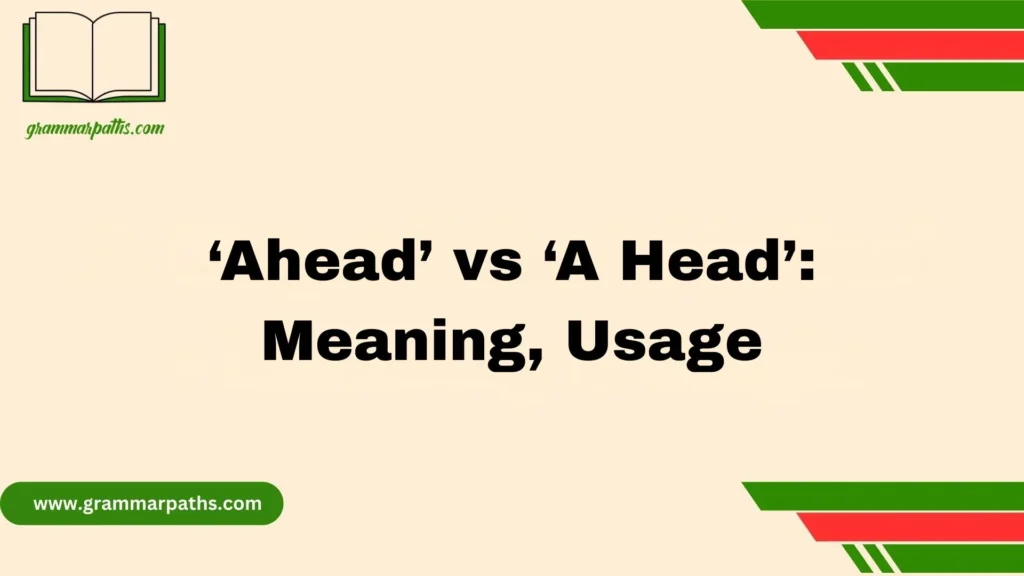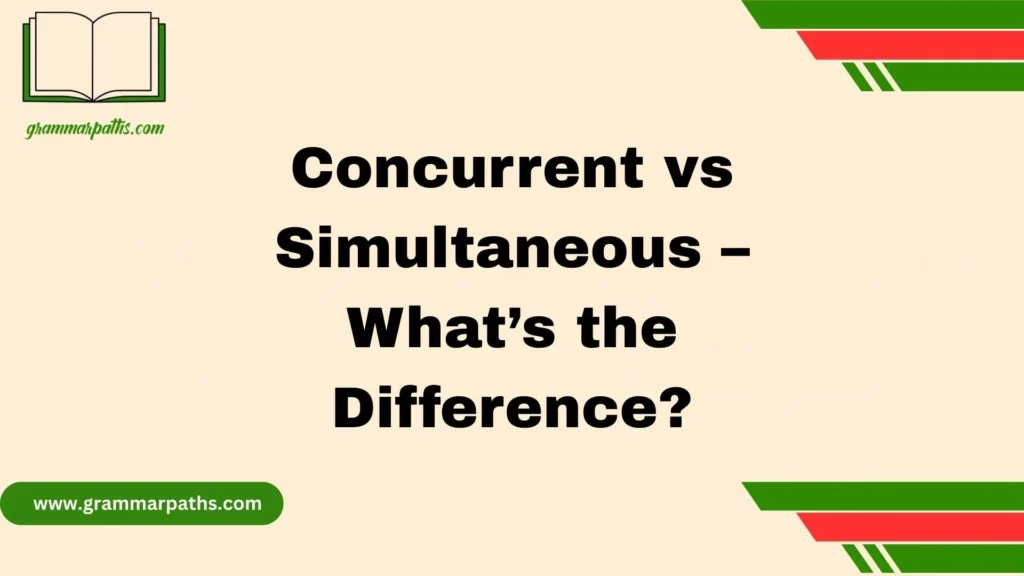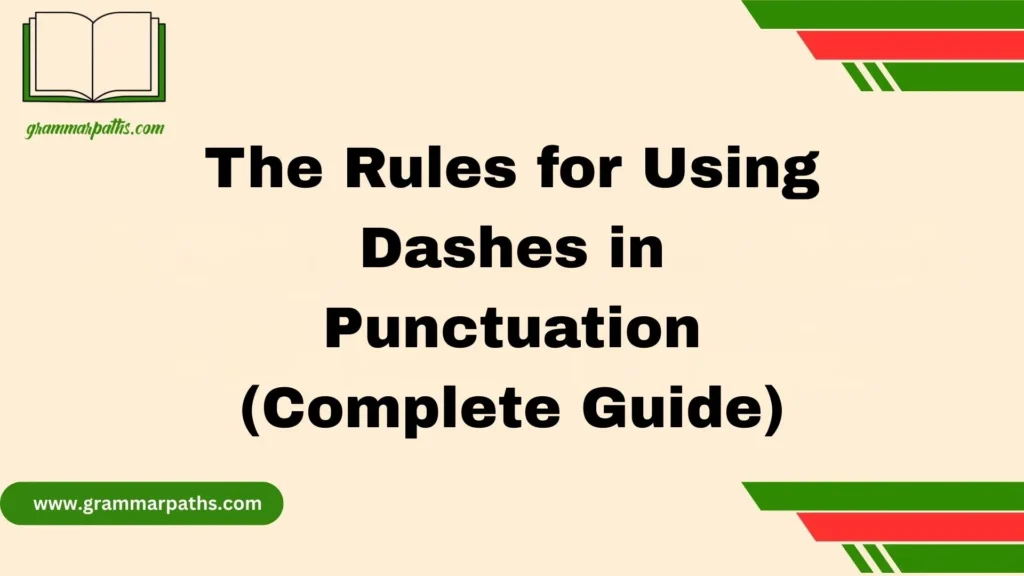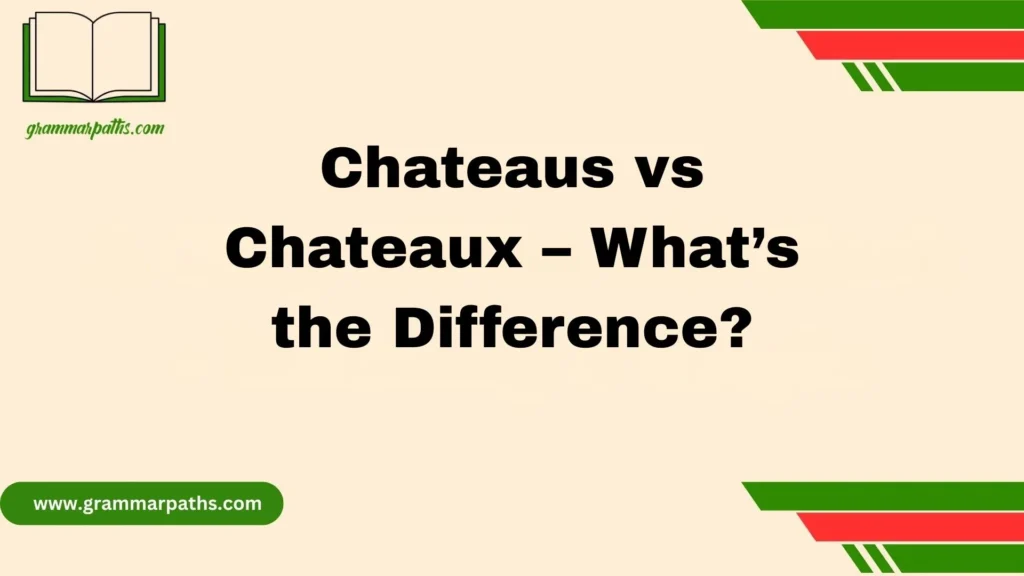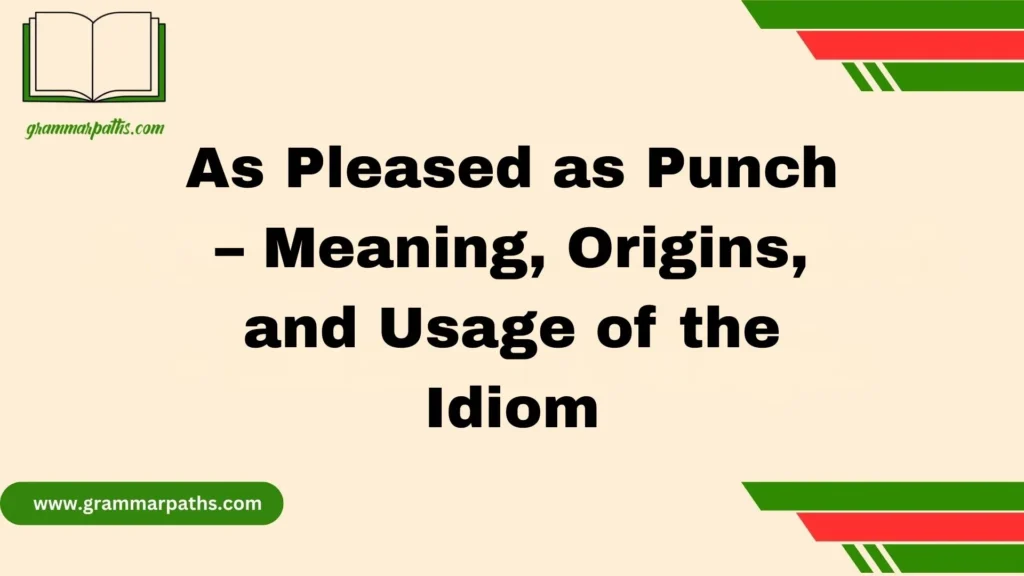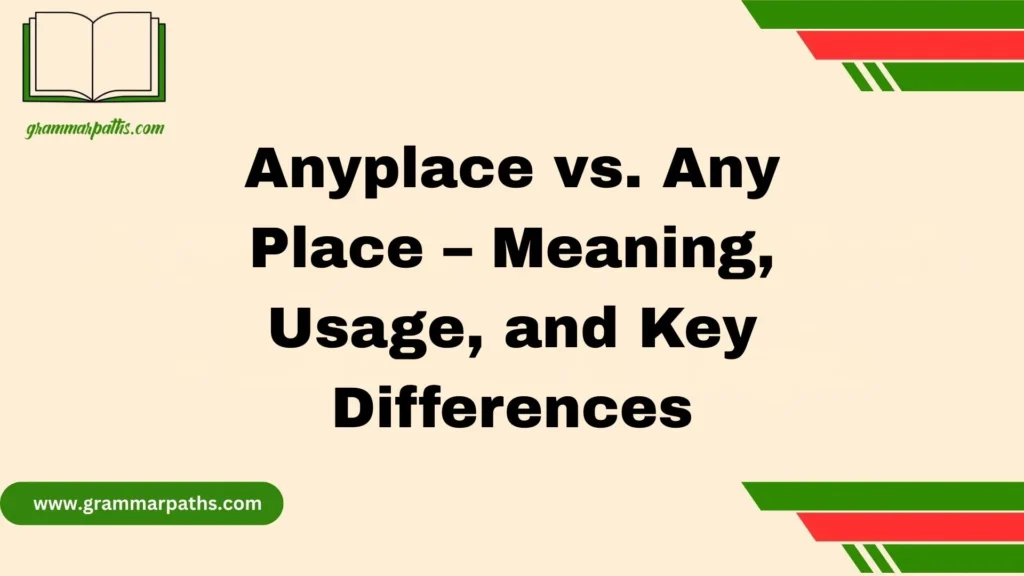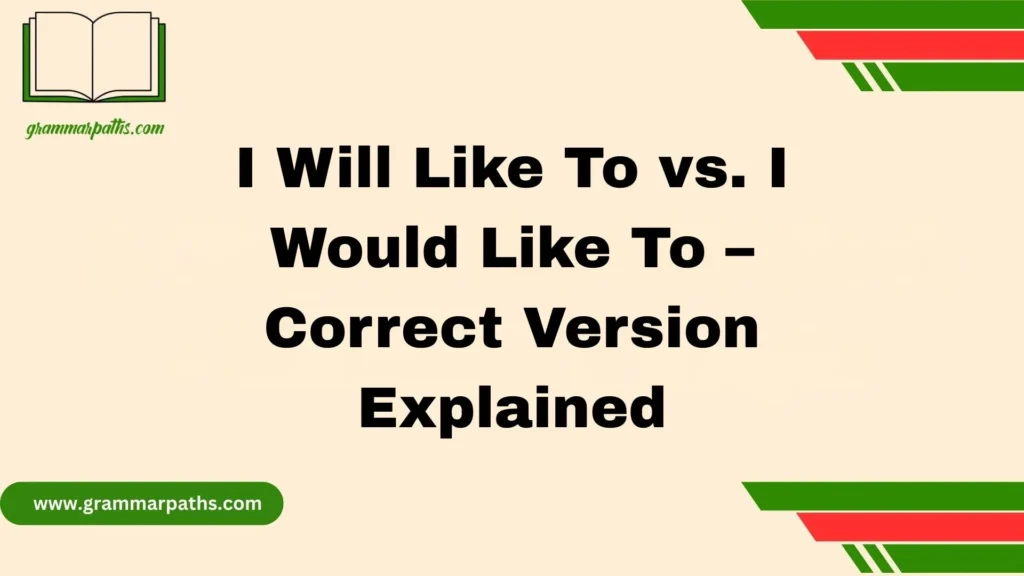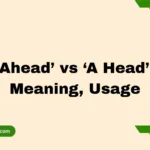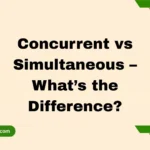English learners often get confused by small variations in sentence structure—especially with questions and phrases like “When can I” or “When I can.” These two expressions look similar but serve very different purposes in both written and spoken English. Understanding the correct usage of these phrases is essential for clear communication, proper sentence construction, and fluent grammar usage. In English, word order often determines whether a sentence is a statement or a question, which means getting it wrong can lead to misunderstandings.
So, how do you know when to say “When can I” and when to use “When I can”? The answer lies in recognizing the difference between a question form and a subordinate clause. “When can I” is typically used to ask about timing or permission, while “When I can” is used to describe a future action or condition in a statement.
By learning how these expressions work, you’ll improve your ability to form correct grammar structures, express your thoughts accurately, and sound more natural when speaking English. This guide will break down the rules, provide clear examples, and help you feel more confident using these phrases in everyday conversation.
Quick Answer: Is it “When Can I” or “When I Can”?
The short version is simple:
- Use “When can I” when you are asking a direct question.
- Use “When I can” when you are making a statement, often involving time or availability.
Examples:
- Correct (question): When can I pick up the package?
- Correct (statement): I’ll pick up the package when I can.
Quick Tip: If your sentence sounds like you’re asking something, go with “When can I”. If you’re just stating something you’ll do, use “When I can.”
Understanding Sentence Structure: Questions vs. Statements
To use each phrase correctly, it helps to understand how English sentences are structured.
Interrogative Sentence (Question)
In questions, we invert the subject and auxiliary verb.
Structure: [Question Word] + [Auxiliary Verb] + [Subject] + [Main Verb]
When can I see the results?
Where can I go for help?
Declarative Sentence (Statement)
In statements, the word order remains standard: subject + verb + object.
Structure: [Main Clause] + [Time Clause]
I’ll respond when I can.
She’ll call you when she can.
Comparison Table
| Usage Type | Expression | Example | Function |
| Question | When can I | When can I schedule an appointment? | Asking for time/permission |
| Statement | When I can | I’ll schedule it when I can. | Showing intent or limitation |
Real-Life Examples in Different Contexts
Language thrives in context. Here are ways these phrases appear in daily life, business, and education:
Everyday Conversations
- “When can I come over?” → polite request
- “I’ll come over when I can.” → promise to visit later
Business Communication
- Emails:
- “When can I expect the final version?”
- “I’ll reply when I can get to it.”
- “When can I expect the final version?”
- Meetings:
- “When can I present my part?”
- “Let’s meet when I can clear some time.”
- “When can I present my part?”
Academic and Professional Writing
- “When can I submit the paper?” → formal inquiry
- “I’ll submit the paper when I can finish the research.” → factual statement
Grammar Rules: Modal Verbs and Time Clauses
The confusion often arises from how modal verbs like “can” interact with time clauses like “when.”
Modal Verbs: What Does “Can” Do?
The modal verb “can” shows:
- Ability: I can swim.
- Permission: Can I leave early?
- Possibility: It can happen.
When you ask a question with “can,” you invert the subject:
When I can go?
When can I go?
Time Clauses with “When I Can”
Time clauses express when something happens. In these cases, “when I can” introduces a dependent clause—meaning it needs a main clause to complete the thought.
Example:
- I’ll reply (main clause) + when I can (dependent clause).
Time clauses often follow this format:
- Main clause + subordinating conjunction + subject + verb
- Examples: when I can, after I finish, before he leaves
Common Errors to Avoid
Grammar mistakes can subtly confuse the meaning or make you sound less fluent. Below are typical pitfalls and how to fix them.
| Mistake | What’s Wrong? | Corrected Version |
| When I can I call you? | Inverted subject and modal twice | When can I call you? |
| I’ll help when can I. | Interrogative used as statement | I’ll help when I can. |
| Can I when come over I? | Jumbled word order | When can I come over? |
Tip: Always ask yourself—am I asking a question or stating something? That will guide your usage every time.
Subtle Differences: Nuance, Tone, and Formality
The difference between “when can I” and “when I can” goes beyond grammar—it changes the tone of your message.
💬 “When Can I” – The Tone of Proactivity
This form often sounds:
- Curious
- Polite
- Assertive
Examples:
- “When can I start the project?” → eager to begin
- “When can I meet your team?” → expresses readiness
💬 “When I Can” – The Tone of Limitation
This version usually suggests:
- Delay or deferral
- Obligation
- Subtle excuse
Examples:
- “I’ll handle it when I can.” → implies busyness
- “I’ll get back to you when I can.” → softens the delay
Practical Guide: How to Choose the Right One
Here’s a cheat sheet you can use to decide instantly:
| Ask Yourself… | If YES → Use… | Example |
| Am I asking a question? | When can I | When can I register? |
| Am I stating something I will do later? | When I can | I’ll register when I can. |
| Is the verb showing ability or time? | Context-dependent | She’ll reply when she can. |
Practice Exercises: Test Your Understanding
Fill in the Blank
- ________ visit the office? (Hint: question)
- I’ll deliver the files ________ finish the edits.
- ________ join the meeting tomorrow morning?
- We’ll respond ________ free up some time.
Answers:
- When can I
- when I can
- When can I
- when we can
Related Phrases That Cause Confusion
Let’s clear up other confusing phrase pairs that look similar but function differently:
| Phrase A | Phrase B | Key Difference |
| When can I | When I can | Question vs statement |
| Where can I | Where I can | Asking location vs stating ability |
| If I can | When I can | Conditional vs time clause |
Grammar Insight: “If I can” shows possibility (uncertainty), while “When I can” shows eventuality (certainty).
Real-World Case Study: Corporate Email Communication
Scenario: An employee needs to update a manager about delayed feedback.
- When can I give you feedback? I’m overloaded this week.
- I’ll give you feedback when I can. I’m overloaded this week.
The second sentence sets realistic expectations without sounding dismissive. This shows the subtle but powerful impact of using the correct phrase.
Expert Quote on Grammar Clarity
“Precision in grammar isn’t just about rules—it’s about respect. Choosing the right phrase ensures your message is received the way you intend.”
— Marilyn Kennedy, Linguistics Professor, NYU
FAQs:
How do you use when in English grammar?
When is used to refer to the time something happens. It can function as a conjunction (“Call me when you arrive”), a question word (“When is your birthday?”), or a relative adverb in clauses. It helps link actions or events to specific times.
How can I use grammar correctly in English?
To use grammar correctly, focus on sentence structure, verb tenses, punctuation, and subject-verb agreement. Reading regularly and practicing writing will improve accuracy. Tools like grammar checkers and grammar guides are also helpful.
When can you use the word is?
Is is the present tense form of the verb to be, used with singular nouns and pronouns like he, she, or it. For example, “She is happy” or “The sky is blue.” It’s commonly used to describe states, identity, or conditions.
Where do we use can I?
Can I is used to ask for permission or make polite requests. For example, “Can I go to the restroom?” or “Can I borrow your pen?” It’s often used in everyday conversation and formal situations.
When can I use does in a sentence?
Does is used with third-person singular subjects (he, she, it) in the present tense to form questions or negative statements. For example, “Does he like coffee?” or “She doesn’t understand.” It helps form grammatically correct queries.
Final Thoughts:
Mastering the difference between “When can I” and “When I can” may seem minor, but it plays a vital role in your overall English grammar skills. These phrases are not interchangeable—they serve different grammatical functions that affect sentence structure, tone, and clarity. Remember, “When can I” is used when asking a question about time, availability, or permission, while “When I can” is part of a dependent clause used in statements to describe future possibilities or intentions.
Understanding these distinctions allows you to avoid common grammar mistakes and communicate more precisely. Whether you’re writing an email, engaging in conversation, or preparing for an English exam, using these expressions correctly shows your grasp of English syntax and usage rules.
By practicing with real-life examples and paying attention to question formation and clause placement, you’ll develop greater confidence in your spoken and written English. As with all aspects of language learning, the key is consistency and awareness. Keep an eye out for how these phrases are used in context, and over time, they’ll become second nature. With this knowledge, you’re now equipped to make your English more accurate, fluent, and grammatically correct.

Grace Marie is the dedicated writer behind GrammarPaths.com, where she shares her passion for English grammar, idioms, and writing mastery. With a strong background in language studies and years of experience helping learners improve their communication skills, Grace creates clear, practical, and engaging content that makes English easy to understand.

